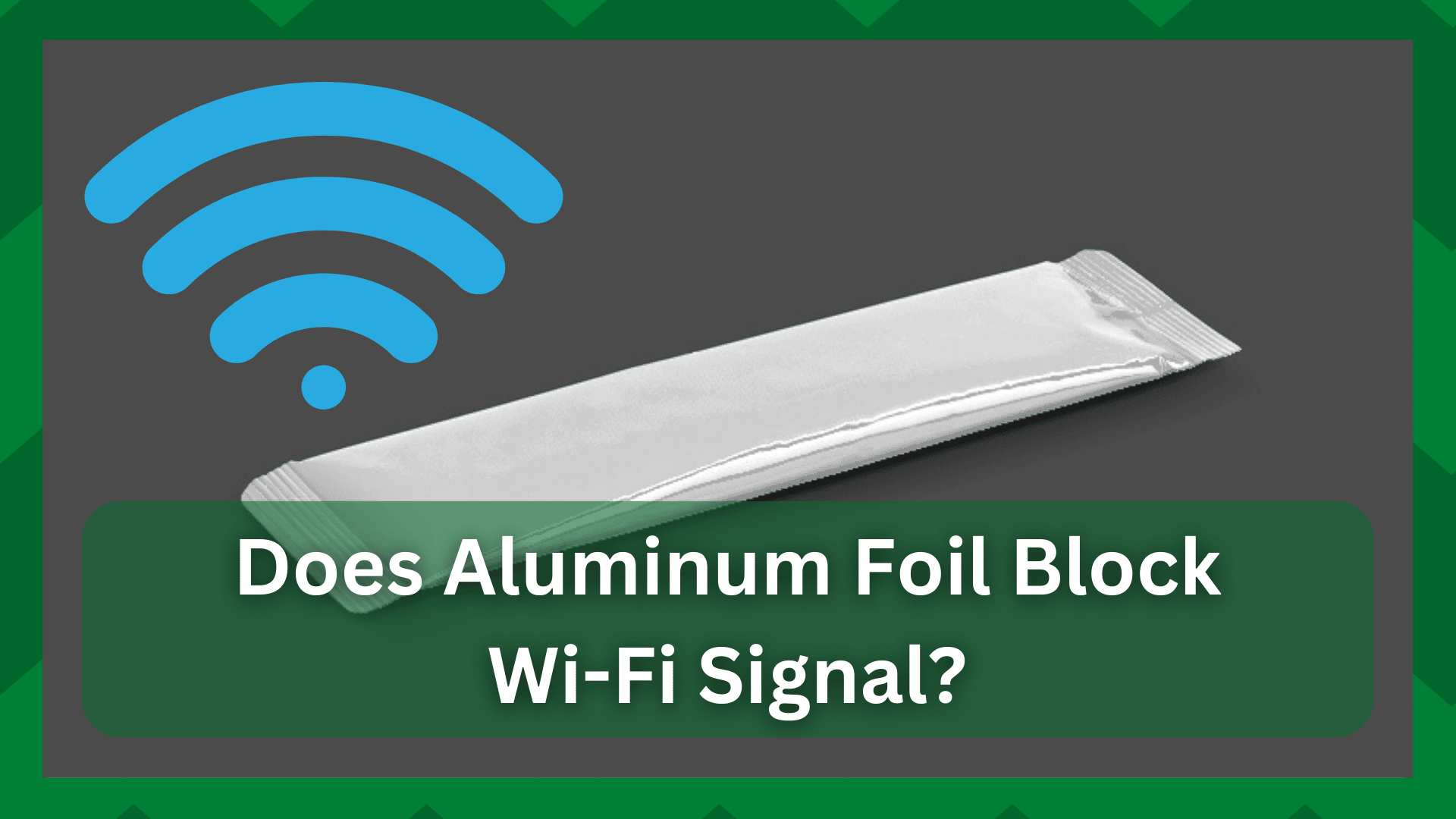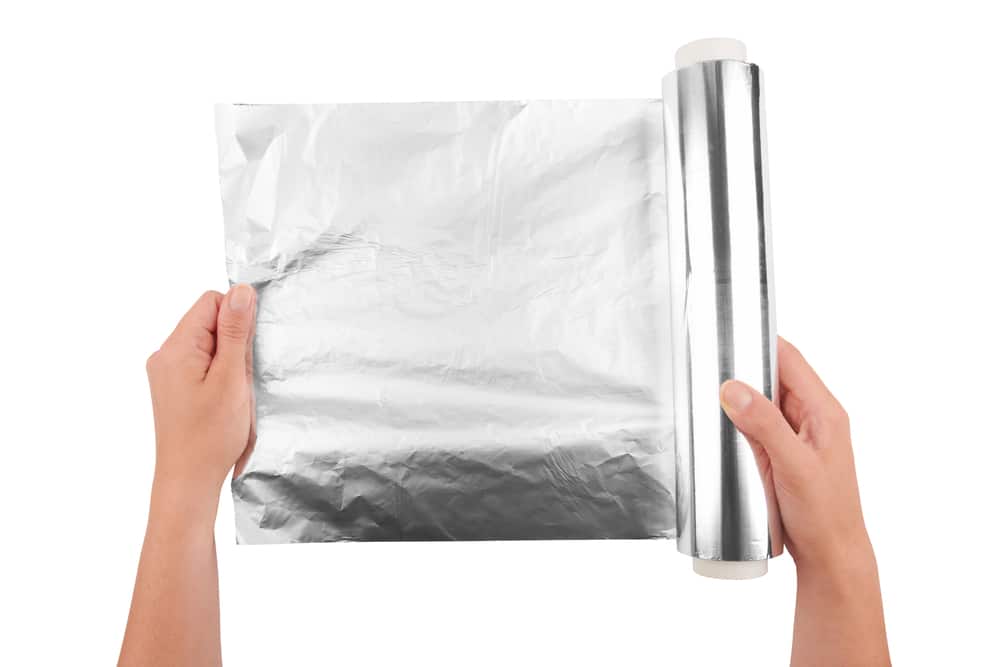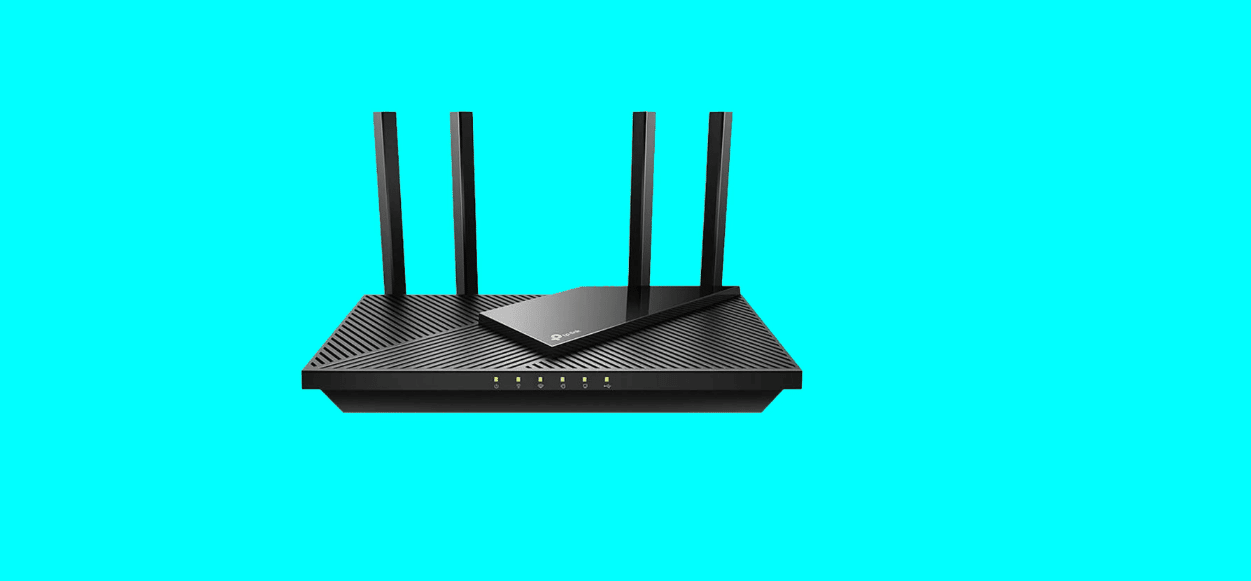
Nowadays, everyone requires access to the internet. From schoolchildren to parents to professors, the internet is a necessity for our daily lives.
But, when it comes to the internet, we want a network that provides us with the best coverage and strong signals. The space can be a small house, a commercial area, or even a large business.
However, regardless of location, maintaining internet speed is difficult. Speaking of which environmental factors can have an impact on the strength of your Wi-Fi signal.
When it comes to internet access, we want good signals and reception in every part of the area, so that whether we are on the lower or higher ground, we have an equally strong Wi-Fi signal.
Does Aluminum Foil Block Wi-Fi Signal?
There is so much competition in the market for better networking devices that it almost seems strange how far companies will go to provide their Wi-Fi devices with a strong signal and reception.
Not only companies, but we users, would try to eliminate any dead zones in our homes to receive stronger signals throughout the house. Whether it’s via high-priced Wi-Fi access points, extenders, or powerful routers.
However, because they are susceptible to frequency and physical interferences, these devices cannot provide you with an ideal strength. Other radio wave-emitting devices or structures can also cause your Wi-Fi signals to drop.
But did you know there’s a little trick to spending money on range extenders? Yes, aluminum foil is an excellent way to extend the range of your Wi-Fi. But does aluminum foil interfere with Wi-Fi signals? This article will go into greater detail.
How Do Aluminum Foils Blocks Wi-Fi Signals?
Have you ever wondered what wireless internet signals mean? In contrast to DSL connections, which provide wired internet, wireless signals do not travel through cable mediums.
So, how do you get the signals without connecting your Wi-Fi-enabled device to a computer? Using radio waves.
The signals are emitted by networking devices such as routers, extenders, or modems and can travel to the respective device, making them susceptible to interferences, particularly frequency interferences.
So Aluminum is a metallic object that acts as a barrier to incoming waves, reflecting them in the opposite direction. Therefore yes, aluminum foil will block Wi-Fi signals, but a little planning can change the game.
Aluminum Foil As Range Booster:
We now know that aluminum foil can reflect and concentrate incoming radio waves in another direction. So how does this help you increase the range of your Wi-Fi?
You are aware that if you have an average to good router or modem to provide Wi-Fi signals, you may have uneven coverage in your home. For example, your basement, a different room, or a storeroom may have weak signals or dead zones.
Now, if you strategically place the aluminum foil in a location that does not receive enough signals, you can maximize the signal strength to that corner.
Assume one of your home’s rooms has powerful strength while the other has strength issues. This could be due to an obstruction near the router, causing it to become limited and not send enough signals.
Now you go to the location of your router and place the aluminum foil in such a way that it reflects the signals in the direction of the other room. You can tilt it slightly toward the direction of the room.
You will now notice a difference in signal strength at that location, which was previously a dead zone or had weak signals. Also, make sure the shiny side is facing forward or you won’t get the desired result.
One thing that you need to be careful about is you don’t have to crumple the foil too much or you will get scattered signals.
But in short, this is an amazing remedy to get good signals in areas you want better strength and don’t feel like spending dollars on just networking devices.
Aluminum foils protect your network as well. Check to see if your network signals are going in a direction you don’t want them to go; hackers can use those signals to steal your personal information.
So, by placing the foil on/near your routers, you can block signals in a specific direction, which also serves as network security.
That’s all there is to it. Although this trick does not provide the same performance as range boosters and other security networking devices, it does the job.


